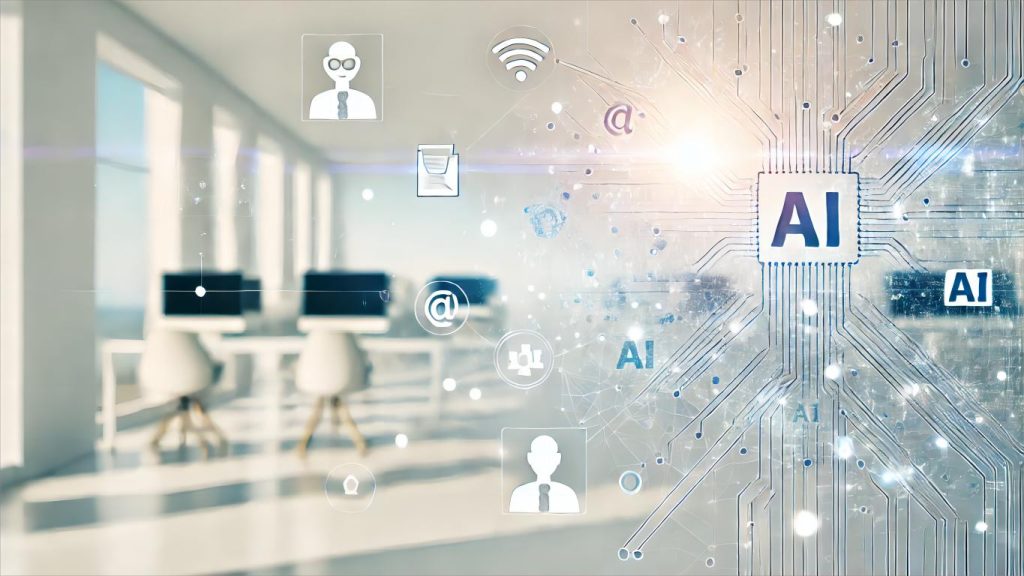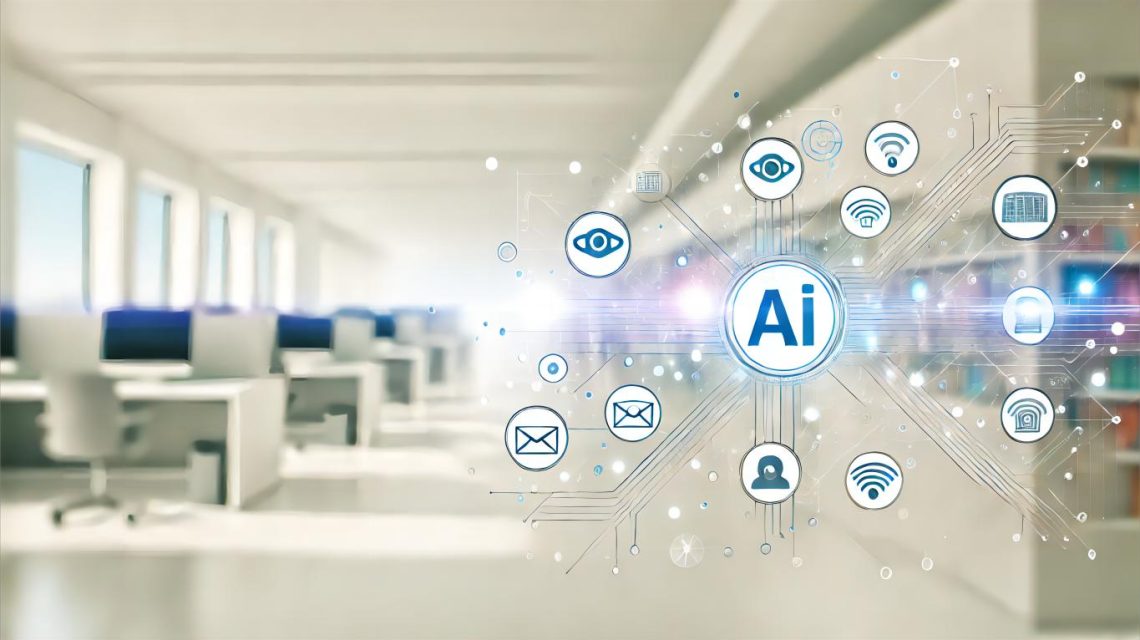Artificial intelligence (AI) has become an essential tool across various industries, and marketing is no exception. Its applications are transforming traditional marketing strategies, improving efficiency, and reshaping how businesses interact with their customers. From automating processes to enhancing customer personalization, AI’s presence in the marketing world is only growing, and its potential seems boundless.
The Rise of AI in Marketing
In the last few years, the adoption of AI by marketers has surged. As of 2023, AI usage in the general public increased dramatically, and businesses have been quick to integrate AI into their marketing departments. Research shows that a vast majority of marketing professionals have either started using AI or are in the process of doing so. Notably, 87% of marketers have experimented with AI, while a significant portion, 68%, regularly rely on AI tools in their day-to-day activities.
This widespread integration highlights how AI is being used in content creation, data analysis, and campaign optimization, among other tasks. Many companies have placed AI at the center of their marketing strategies, recognizing its potential to boost productivity, improve customer engagement, and ultimately drive better financial outcomes.
Key Areas Where AI is Making an Impact
- Marketing Automation: One of the most significant ways AI is changing marketing is through automation. AI handles routine tasks such as social media management, customer segmentation, and personalized content generation, freeing up time for marketers to focus on strategy and creativity.
- Data-Driven Insights: AI excels at analyzing vast amounts of data, offering marketers insights into customer behavior, trends, and preferences. These data-driven insights allow companies to make more informed decisions, optimize marketing strategies, and create highly targeted campaigns.
- Personalized Customer Experiences: AI enables personalized marketing on an unprecedented scale. By analyzing consumer data, AI tailors content, ads, and recommendations to each individual, providing a more engaging and customized experience.
- AI-Powered Chatbots: Chatbots driven by AI are revolutionizing customer interactions by offering personalized recommendations, answering customer queries, and even assisting with the purchasing process in real time.
- Content Creation and Optimization: AI tools help generate and optimize content, allowing marketers to produce high-quality material faster. These tools also ensure that content is well-suited for search engines, helping businesses rank higher and reach their target audience more effectively.
- Predictive Analytics: AI’s predictive capabilities allow marketers to anticipate trends, identify opportunities, and mitigate risks. This not only improves campaign efficiency but also enables businesses to stay ahead of the curve in a competitive market.
- Programmatic Advertising: AI-driven programmatic advertising automates the purchasing and placement of ads, analyzing user behavior in real time to ensure ads are delivered to the right audience at the right time, maximizing ROI.
The Future of AI in Marketing
Although AI has already made a significant impact, its current use in marketing is just the beginning. Experts predict that AI’s role in marketing will continue to grow, particularly in areas such as programmatic advertising, predictive analytics, and optimizing digital content. While many marketing departments are still exploring these capabilities, there is a clear opportunity for further growth.
However, despite AI’s potential to streamline marketing tasks and improve efficiency, concerns remain about its impact on creativity and job availability. While some marketers are optimistic about AI augmenting human creativity, others worry that overreliance on AI could compromise the quality of work.

Will AI Eliminate Marketing Jobs?
There is ongoing debate about AI’s long-term impact on job availability within marketing. While AI can handle many routine tasks, it cannot replace the creativity, emotional intelligence, and strategic thinking that humans bring to the table. As AI continues to evolve, marketing roles are likely to shift toward more strategic and creative responsibilities.
Interestingly, junior and mid-level marketers are leading the charge in AI adoption, outpacing their senior counterparts in the use of AI tools. This trend highlights the growing importance of AI skills in the marketing profession, as companies increasingly seek professionals who can leverage AI for data analysis, process optimization, and mistake reduction.
While some job roles may be displaced by AI, it is more likely that the technology will lead to the evolution of marketing jobs rather than their outright replacement. Marketers who can creatively collaborate with AI and apply insights from AI-driven data are poised to thrive in this new era.
Adapting to AI for Career Success
For marketing professionals, understanding and mastering AI tools is becoming essential to career growth. While AI can perform many tasks, it lacks the human touch necessary for connecting with diverse audiences on a deeper level. Successful marketers will need to combine their creative abilities with AI’s analytical power to create campaigns that resonate with consumers.
As AI continues to evolve, so too will the skill sets required of marketers. By embracing AI as a tool for enhancing, rather than replacing, their work, marketing professionals can stay ahead of the curve in this rapidly changing field.


